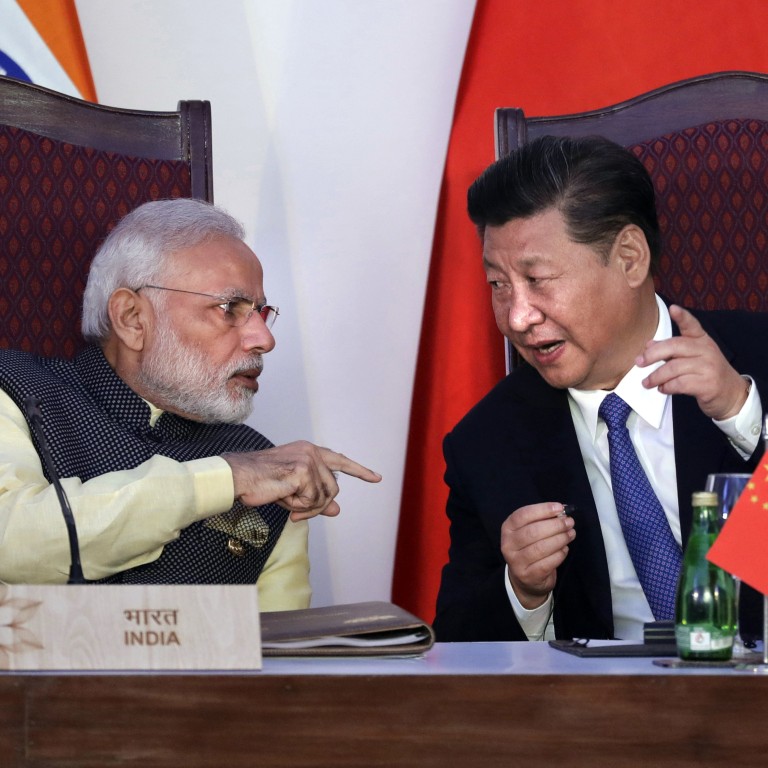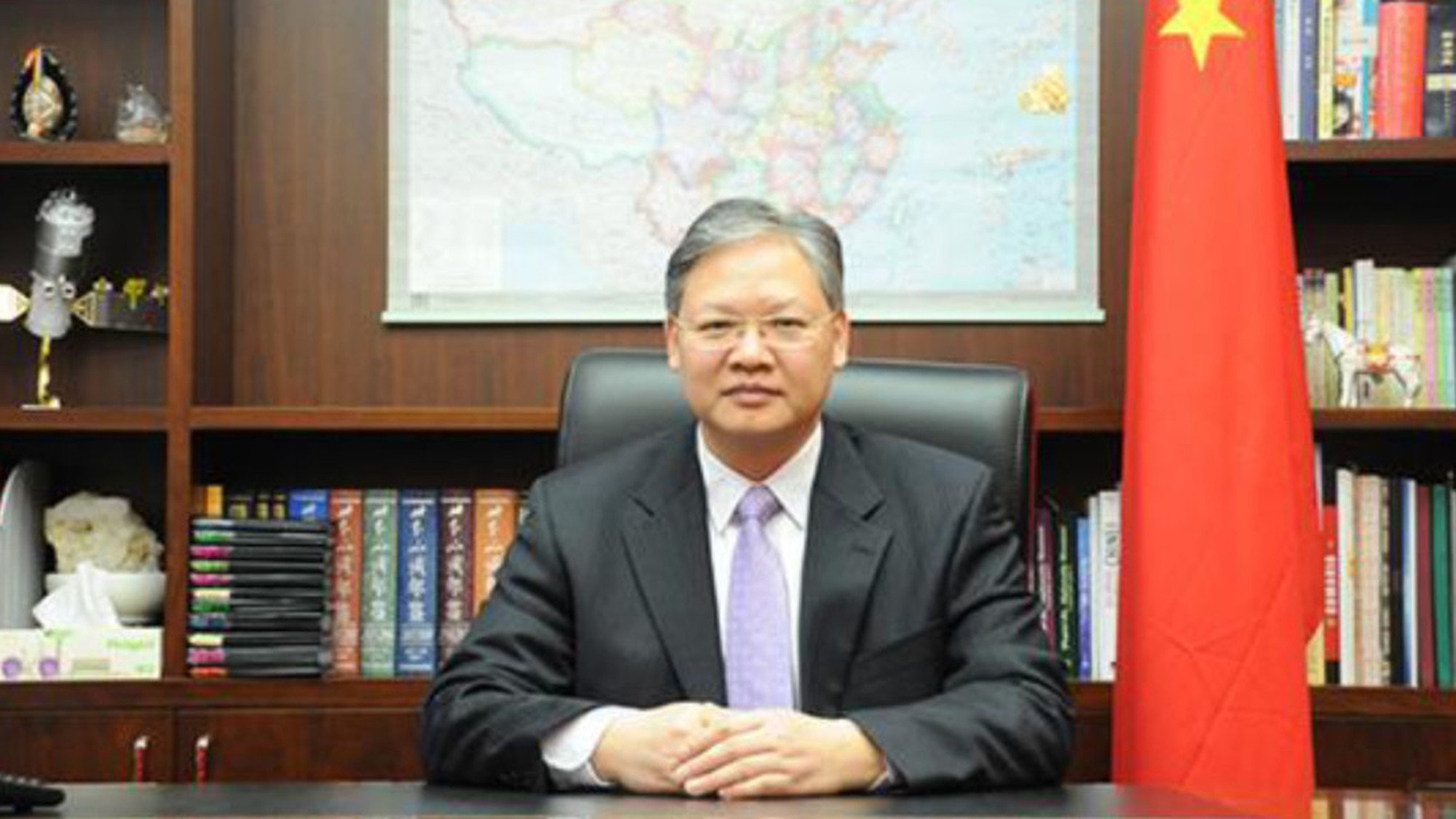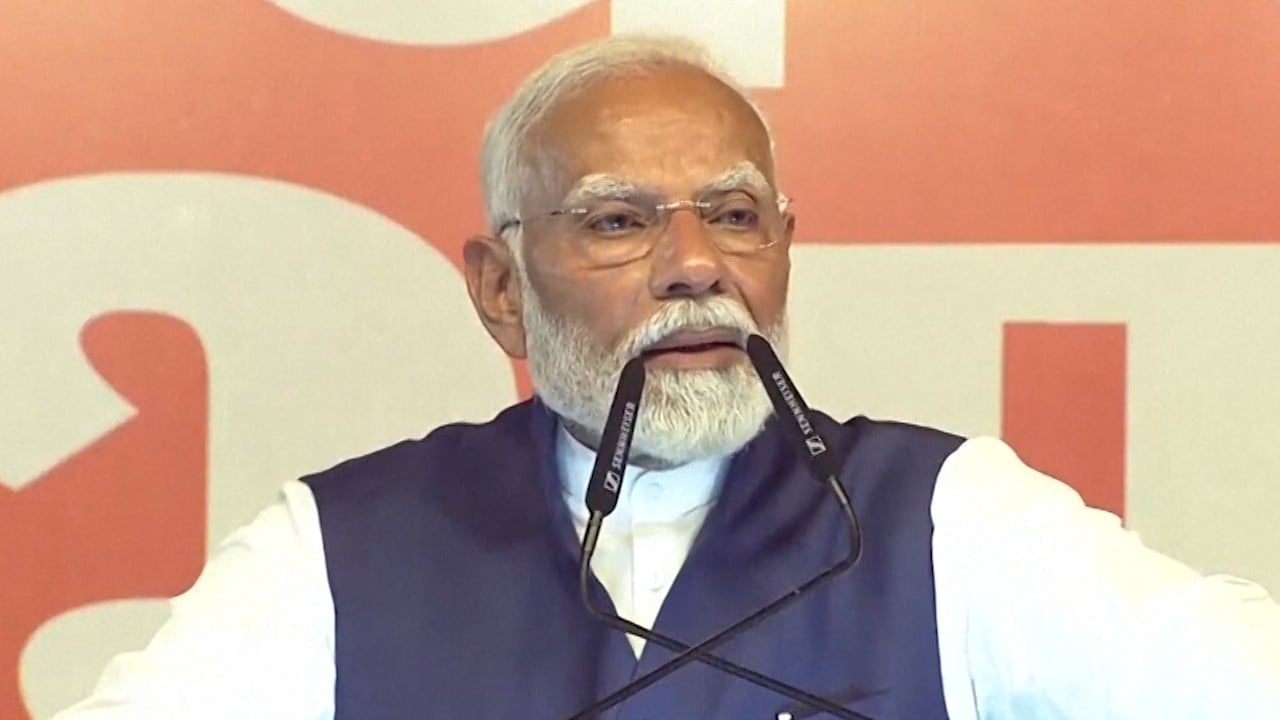
There may be ‘positive signals’ but Xi’s snub of Modi suggests China-India ties are still a worry
- Beijing has sent a new envoy to New Delhi, but the Chinese leader still hasn’t congratulated Narendra Modi on his election win
Xu is not seen as an India expert but his appointment and Modi’s remarks on the need for “stable and peaceful relations” have been seen as rare “positive signals”.

But there have been few clear signs that the Asian giants are getting along any better, with their border stand-off since 2020 still unresolved – a situation S. Jaishankar, India’s external affairs minister, described in April as “competitive, sensitive and challenging”.
Modi was re-elected last week in a much narrower than expected victory, becoming only the second Indian prime minister after Jawaharlal Nehru to retain power for a third five-year term.
China’s foreign ministry congratulated Modi on his election win at a regular press briefing the next day, saying Beijing was “ready to work with India to promote the healthy and stable development of relations”.
But conspicuously, it appears the Chinese president has yet to send a message to Modi, unlike other world leaders – including Prime Minister Shehbaz Sharif of Pakistan, India’s arch-rival.
It was a different story five years ago, when Xi congratulated Modi on the day of his landslide election win, describing India as an “important neighbour” to which “I attach great importance”.
While Xi has not yet sent a message to Modi this time around, he has in the past week congratulated the presidents-elect in Mexico and Iceland on their election victories, according to the foreign ministry website.
It is a situation that clearly illustrates how much damage the Himalayan border dispute has done to bilateral ties since a deadly clash between soldiers in eastern Ladakh in June 2020.
Just a year earlier Xi and Modi were meeting regularly, their “heart-to-heart” friendship and “strong momentum” of bilateral ties helping to de-escalate the 73-day Doklam border stand-off in 2017.
It could be that the silence from Xi after Modi’s win is another snub from Beijing because of New Delhi’s slow but steady tilt towards Washington. Xi also skipped the Group of 20 summit held in India last year, sending Premier Li Qiang instead.
Foreign ministry spokeswoman Mao Ning told reporters in Beijing that “India has made serious political commitments and is supposed to recognise, be alarmed about, and resist the Taiwan authorities’ political calculations”.
Beijing – which sees the self-ruled island as part of its territory to be reunited by force if necessary – often accuses foreign governments of playing the Taiwan card to curb mainland China’s rise.
With Modi retaining his top ministers, including Jaishankar, it is widely expected that his coalition government will keep broad policy continuity, including its efforts to forge closer ties with the US and regional countries such as the Philippines to counter China.
At a time when China is locked in a Cold War-style rivalry with the US and complaining about an increasingly hostile external environment, it will be a missed opportunity if it does not show a willingness to improve ties with its neighbour. It is Beijing, after all, that insists the border dispute should be kept separate from political and economic ties – or as Foreign Minister Wang Yi said, it “should not define the overall relationship”.


